Pope Leo XIV has expressed his delight at the UK’s decision to transfer sovereignty of the Chagos Islands to Mauritius, describing the agreement as a “significant victory” for displaced Chagossians and a crucial step toward repairing a long-standing injustice. Speaking in French to a delegation of 15 refugees from the archipelago, the Pope praised the renewed prospect of their return to their homeland, calling it an “encouraging sign and a powerful symbol on the international stage.” He emphasized that all people “must be respected by the powerful in their identity and rights, in particular the right to live on their land, and no one can force them into exile.”
Under the treaty signed in May, Mauritius will regain sovereignty of the islands while allowing the US and UK to continue operating a military base on Diego Garcia, the largest island in the archipelago, for an initial 99-year lease. The UK has pledged to pay Mauritius an average of £101 million annually under the agreement, while retaining veto powers over access to the islands and enforcing a 24-mile buffer around Diego Garcia to maintain security. The deal also bars foreign military and civilian forces from establishing a presence on other islands within the archipelago.
The Chagos Islands, purchased by the UK for £3 million in 1968, were controversially separated from Mauritius prior to its independence in 1965. The islands’ original inhabitants, the Chagossians, were forcibly removed to make way for a UK-US military base, with many resettling in Mauritius, the Seychelles, and the UK, particularly in Crawley, West Sussex. For decades, Mauritius maintained that the separation was illegal, while Chagossians campaigned tirelessly for their right to return.
Reactions to the deal have been divided. The Mauritian government celebrated the agreement as the culmination of a 60-year struggle, with Attorney General Gavin Glover calling it a moment of national triumph. However, critics in the UK, including opposition figures and some Chagossians now settled in Britain argue that the treaty undermines national security and strengthens China’s strategic position through its ties with Mauritius. The Conservative Party described the move as “an act of national self-harm,” while Prime Minister Sir Keir Starmer defended it as essential to preventing rival nations from exploiting the islands.
The treaty still requires approval from both the UK and Mauritian parliaments. Meanwhile, a last-minute legal challenge from two women born in Diego Garcia, who sought the right to return, was dismissed by the High Court. Despite the controversy, Pope Leo XIV underscored the moral weight of the agreement, urging Mauritian authorities to ensure that displaced Chagossians are finally able to go home after decades in exile.


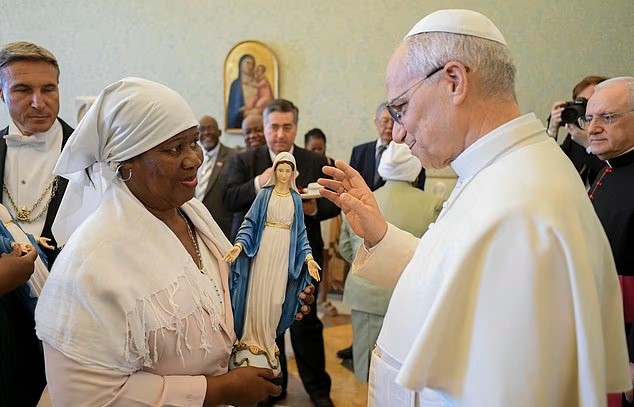


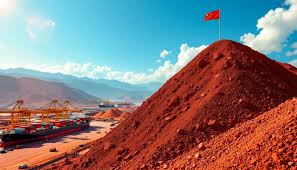

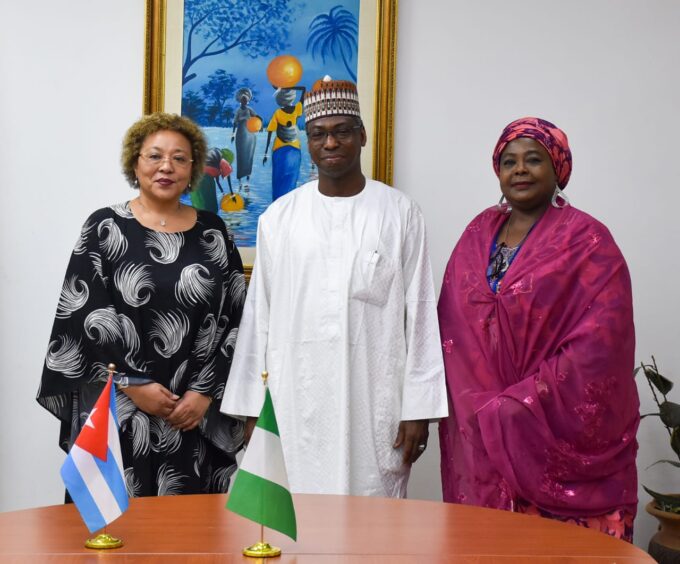
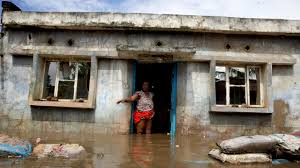




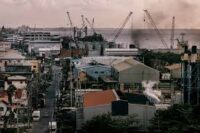
Leave a comment